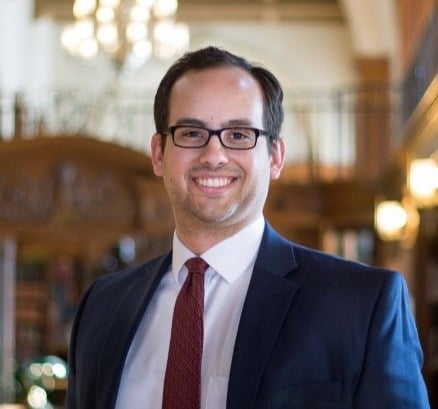It’s no surprise that social media can help with career building in the business world in a major way. What you might not know is that effective use of social media can actually boost your career as a physician, too.
In fact, there’s peer-reviewed research and literature on the subject, which says that physicians can use social media to educate, collaborate, and advocate. Based on that literature and the general guidelines for social media marketing, we've put together a list of social media dos and dont's for physicians just like you.
Social media dos
- Do create professional social media accounts and profiles. Make these easily searchable, and fill out all the fields—including a nice headshot—to make them more inviting. And whatever you do, remember that your professional life, including your professional social media, should be guided by the principle of doing no harm.
- Do be careful when sharing patient stories. Real patient stories can be an excellent teaching tool, but they can also implicate HIPPA and a whole host of other concerns. Make sure to review and follow your employer’s policies on this issue and be sure to fully anonymize any stories you do decide to tell.
- Do use your accounts to showcase your talents and expertise. This includes keeping your LinkedIn updated with your professional experiences, including any physician side gigs. It also means creating regular curated content about your daily work and successes.
- Do engage with and take cues from like-minded physicians. Follow and connect with other doctors and providers whom you admire. Doing this will help you make connections in your field and see what’s working for them on social media (and what’s not), all while boosting your visibility.
- Do post regularly. You might even want to create a posting schedule to keep you honest about actually using your accounts. It’ll also keep you from overloading your followers with content one month and then leaving them with tumbleweeds the next.
Social media don’ts
- Don’t make your personal social media accounts easily searchable. And in case you’re wondering, swapping your first and last initial isn’t exactly the best kept secret anymore.
- Don’t offer medical advice. As you already know, offering medical advice to someone you haven’t even met, let alone evaluated, is never a good idea. Stick with general tips for health and wellbeing rather than specific advice, and remind your followers about this practice regularly.
- Don’t overdo it with the hashtags. Hashtags can be a great tool to gain exposure on social media, but too many can be off-putting to readers. If you absolutely must use a bunch of hashtags, try putting them at the end of your post instead of as part of the text.
- Don’t ignore comments and messages. Almost every question, comment, and message from your followers should get a response, especially if you're addressing health misinformation (see the next bullet for a quick caveat, though). Social media is meant to be a conversation, not a soapbox, after all.
- Don’t feed the trolls. I probably don't need to say it, but just to be safe, remember that trolls are everywhere, and engaging with them is never a fruitful labor. If you do find yourself with a post that’s getting a lot of attention from people who apparently have nothing better to do, do yourself a favor and just turn off the comments.
Lastly, if you're just getting started with social media as a physician, be sure to check out our recent guest blog on how to begin.



Leave a Comment
Related Articles